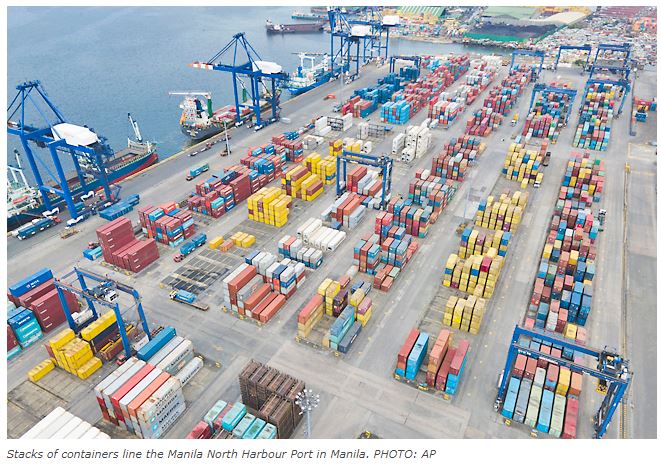Philippines rejects Myanmar in trade pact
MANILA, PHILIPPINES (AP) – The Philippines has followed New Zealand’s decision to reject the inclusion of Myanmar in the world’s largest free trade pact as international opposition to the military takeover that sparked violence and democratic setbacks in the Southeast Asian nation broadened into trade and diplomatic sanctions.
Foreign Secretary Teodoro Locsin Jr told his Association of Southeast Asian Nations (ASEAN) counterparts in a Thursday meeting in Cambodia that the Philippines will not accept Myanmar’s “instrument of ratification” of the Regional Comprehensive Economic Partnership (RCEP), referring to the key document binding a country to the 15-nation free trade agreement (FTA), which went into effect on January 1.
In Locsin’s speech released to journalists in Manila yesterday, he did not cite any reason for the Philippine decision and added he was ready to yield if that stance would get in the way of a collective position by the 10-nation regional bloc, which includes Myanmar.
It’s not immediately clear if other countries under the RCEP, which includes all 10 ASEAN member states, along with China, Japan, Australia, New Zealand and South Korea, would also snub Myanmar’s inclusion and eventually bar it from the massive trading bloc.
Two Asian diplomats told The Associated Press this week that New Zealand notified other countries in the RCEP that it would not recognise Myanmar’s papers allowing it to join the trade bloc because it opposes its military-led government.
New Zealand was among the Western nations that quickly opposed the takeover, suspending all military and high-level political contacts with Myanmar and calling on army leaders to immediately release all political leaders and restore civilian rule. It also placed a travel ban on Myanmar’s generals.
Locsin has been one of the most vocal in the region in calling for a dialogue to resolve the year-long crisis in Myanmar, welcoming a plan for a special ASEAN envoy to travel to the crisis-wracked country next month to initiate a discussion among contending groups.
“The dialogue must include all and not just a select few, most especially it must include Daw Aung San Suu Kyi and President Win Myint,” Locsin told fellow ministers. “It should be a genuine dialogue and not a ventriloquist act.”
The action taken by New Zealand and the Philippines underscores the growing fallout from the Myanmar crisis into the economic and diplomatic spheres.


 Thailand
Thailand




